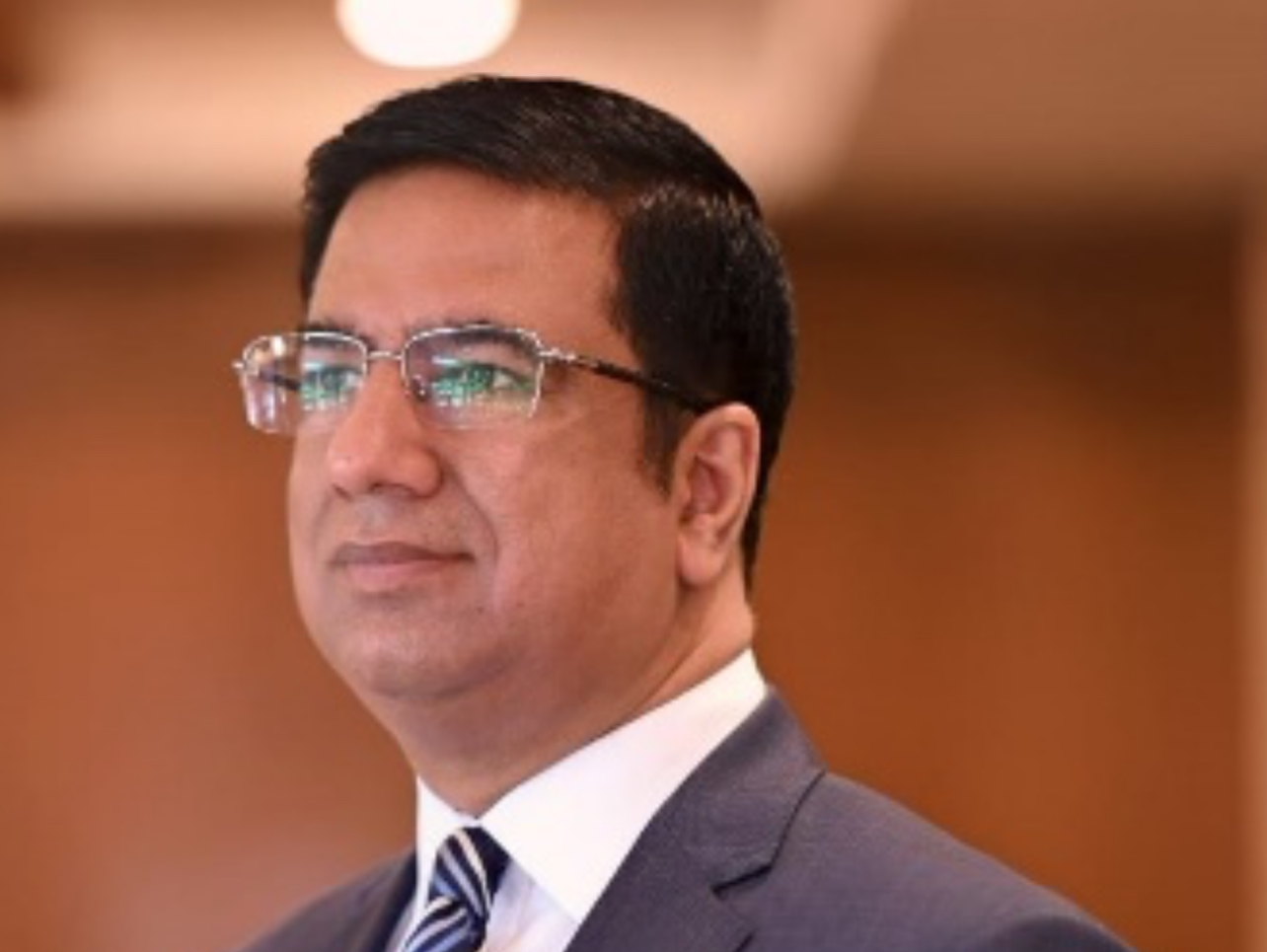The recently concluded Central Conference on Work Relating to Foreign Affairs in Beijing marked a pivotal moment for China’s contribution to the development and prosperity of the international community in the new era. President Xi Jinping, along with members of the Standing Committee of the Political Bureau of the CPC Central Committee, delivered a comprehensive address highlighting China’s policies, achievements, and vision for global cooperation. The conference outlined China’s commitment to fostering international cooperation across various domains, emphasizing the development of shared growth drivers.
The conference underscored that China’s success in international relations lies in its dedication to promoting comprehensive connectivity. This approach aims to build a new platform for international cooperation, creating synergies that contribute to shared development among nations. A systematic review of China’s major-country diplomacy with Chinese characteristics was presented, showcasing historic achievements and valuable experiences in the new era. The leaders articulated a historical mission in the realm of foreign affairs, laying out comprehensive plans for the nation’s external work.
China’s vision of building a community with a shared future for mankind takes center stage as the nation advocates for a world that respects the diversity of civilizations, pursuing self-reliance, openness, and inclusivity on the global stage. The commitment to playing a constructive role in international affairs is evident, with a holistic approach focused on peaceful coexistence, overall stability, and balanced development among major countries.
The establishment of a community with a shared future for mankind is a core tenet of the Xi Jinping Thought on Diplomacy. This approach represents China’s response to the question of how to build a world that aligns with the laws governing human society’s development. It emphasizes pragmatic cooperation, empowers regions to lead the way, and resonates with the common aspirations of people worldwide.
China’s call for an equal and orderly multipolar world and inclusive economic globalization is particularly noteworthy. China envisions a world where all countries, regardless of size, are treated as equals. China completely rejects and opposes hegemony and power politics. China’s principles of self-confidence, self-reliance, openness, inclusiveness, fairness, justice, and win-win cooperation, guided by Xi Jinping’s Thought on Socialism with Chinese Characteristics for a New Era and Xi Jinping’s Thought on Diplomacy, serve as the foundation for the nation’s diplomatic endeavors.
China’s leadership is also identifying strategic tasks with a multi-dimensional and comprehensive approach. Acting with a strong sense of historical responsibility and a vibrant spirit of innovation, China aims to make new strides in major-country diplomacy with its distinct characteristics. This includes forging new pathways for global economic growth and cultivating a stronger global community.
Mr. Khalid Taimur Akram, Executive Director, Pakistan Research Center for a Community





